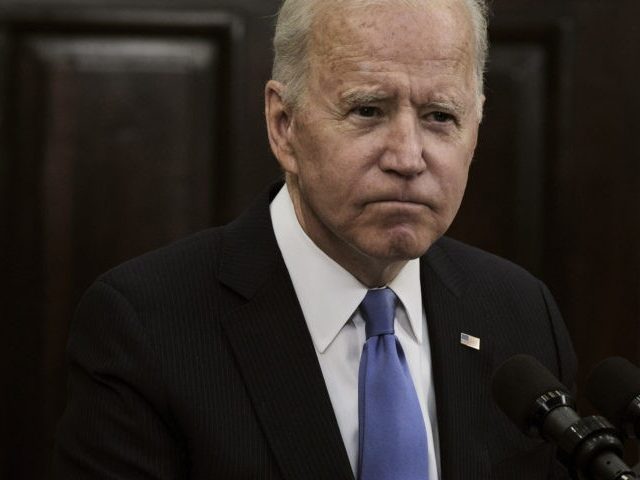A jump in consumer expectations for higher inflation dragged down consumer sentiment in the first weeks of May.
The University of Michigan’s survey of consumer sentiment dropped 6.2 percent from the final April read just a few weeks earlier to a score of 82.8. Economists had forecast a gain to 90.3 from 88.3.
“Consumer confidence in early May tumbled due to higher inflation–the highest expected year-ahead inflation rate as well as the highest long-term inflation rate in the past decade,” said Richard Curtin, the survey’s chief economist.
The current conditions component of the index tumbled 6.6 percent to 90.8, also missing expectations. The expectations component fell 6.2 percent to 77.6 percent.
The inflation-driven decline in consumer sentiment follows data this week that showed both the Consumer Price Index and the Producer Price Index rising much higher than economists expected. It is likely to fuel the idea that analysts at the Federal Reserve and on Wall Street have underestimated the inflationary pressures in the U.S. economy.
Rising inflation expectation also meant that real income expectations were the weakest in five years, Curtin said.
In fact, inflation expectations for many items are at the worst level since the early Volcker era, when the Fed pushed interest rates sky-high to contain inflation, triggering a recession. That outraged the public and put the central bank at odds with the Reagan administration, which was trying to spur faster growth after the malaise of the Carter administration.
“The average of net price mentions for buying conditions for homes, vehicles, and household durables were more negative than any time since the end of the last inflationary era in 1980,” Curtin said.
Fed officials say they believe the current bout of inflation will be transitory but the University of Michigan survey suggests consumers disagree. Expectations for long-term and short-term inflation jumped much higher.
Despite rising prices, consumer demand is likely to remain high because of the enormous excess savings built up during the pandemic and pent-up demand.
“This combination of persistent demand in the face of rising prices creates the potential for an inflationary psychology, fostering buy-in-advance rationales and cost-of-living increases in wages,” Curtin said.
While the bond market still reflects the Fed’s position that interest rates will not go up soon, the survey shows two-thirds expect a rate hike in the year ahead.

COMMENTS
Please let us know if you're having issues with commenting.